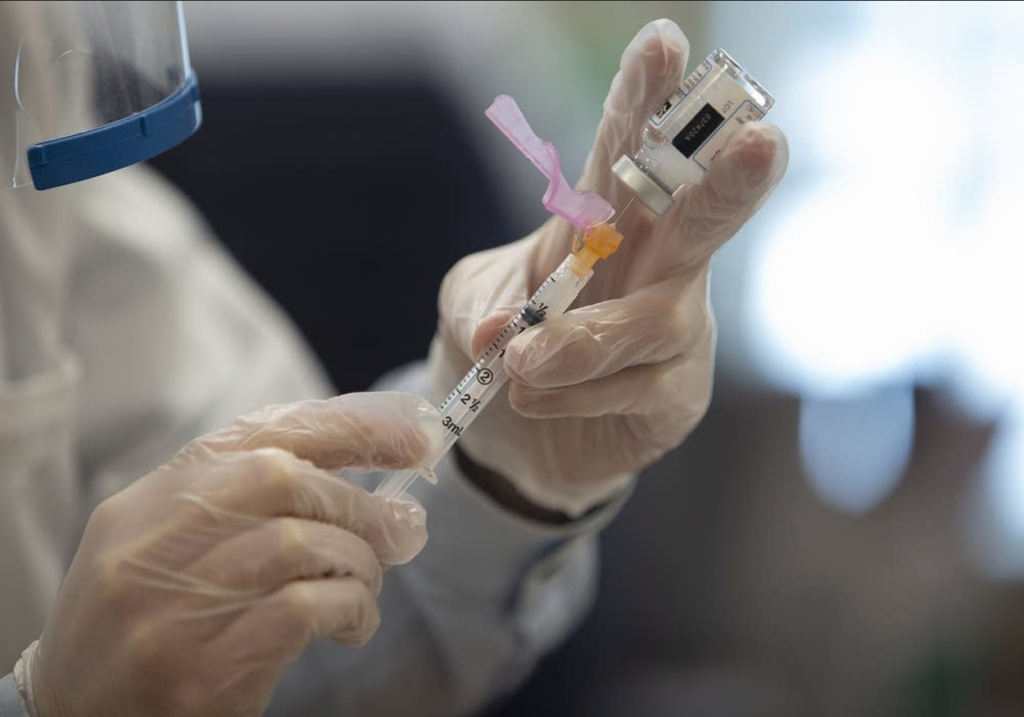Health Ministry not to procure fresh Covid vaccines
The final phase of the government’s Covid vaccination program is underway, with the Health Ministry opting not to acquire additional vaccines at this time. Approximately Rs 4,237 crore, nearly 85 percent of the budget allocation for inoculation purposes in 2022-23, will be returned to the Finance Ministry. Official sources disclosed to PTI that over 1.8 crore vaccine doses are still available at the central and state government levels, sufficient to sustain the vaccination campaign for approximately six months due to the low demand caused by a decline in Covid cases.
Even if the government’s vaccine supply is depleted, Covid vaccines will remain accessible in the market. The decision on whether to procure additional Covid vaccine doses through government channels or allocate fresh funds for this purpose after six months will be contingent on the prevailing coronavirus situation in the country, according to official sources.

As part of the nationwide vaccination initiative that commenced on January 16 last year, the Government of India has been providing free Covid-19 vaccines to states and Union territories. With a decrease in Covid cases, a sense of complacency has emerged, leading to a low demand for vaccines, despite the government’s 75-day drive, ‘Covid Vaccination Amrit Mahotsava,’ aimed at administering free booster doses to all adults.
Given the low demand and the approaching expiry date of vaccine stockpiles, the decision has been made not to procure additional vaccines at present. The Union Health Ministry has also returned the balance of Rs 4,237.14 crore from its 2022-23 budget allocation of Rs 5,000 crore for inoculation purposes to the Finance Ministry, the source explained.

The cumulative number of Covid vaccine doses administered in the country has exceeded 219.32 crore, as reported until 7 am on Sunday. Official sources indicate that 98 percent of India’s adult population has received at least one dose, and 92 percent are fully vaccinated. Additionally, 83.7 percent of adolescents aged 15 to 18 years have received the first dose, while 72 percent have received both doses.
In the age group of 12-14 years, 87.3 percent have received the first dose, and 68.1 percent are fully vaccinated. Of the total eligible population aged 18 and above, just over 27 percent have received precautionary doses thus far.

The nationwide vaccination drive commenced on January 16 last year, initially targeting healthcare workers and later expanding to include frontline workers, individuals over 60, those aged 45 and above with specified comorbid conditions, and eventually all individuals above 18. Precaution doses were introduced for healthcare and frontline workers, individuals aged 60 and above with comorbidities, and later extended to all individuals aged above 18. The cumulative vaccine doses surpassed 200 crore on July 17, following the 150-crore mark on January 7 and the 100-crore mark on October 21 the previous year.
